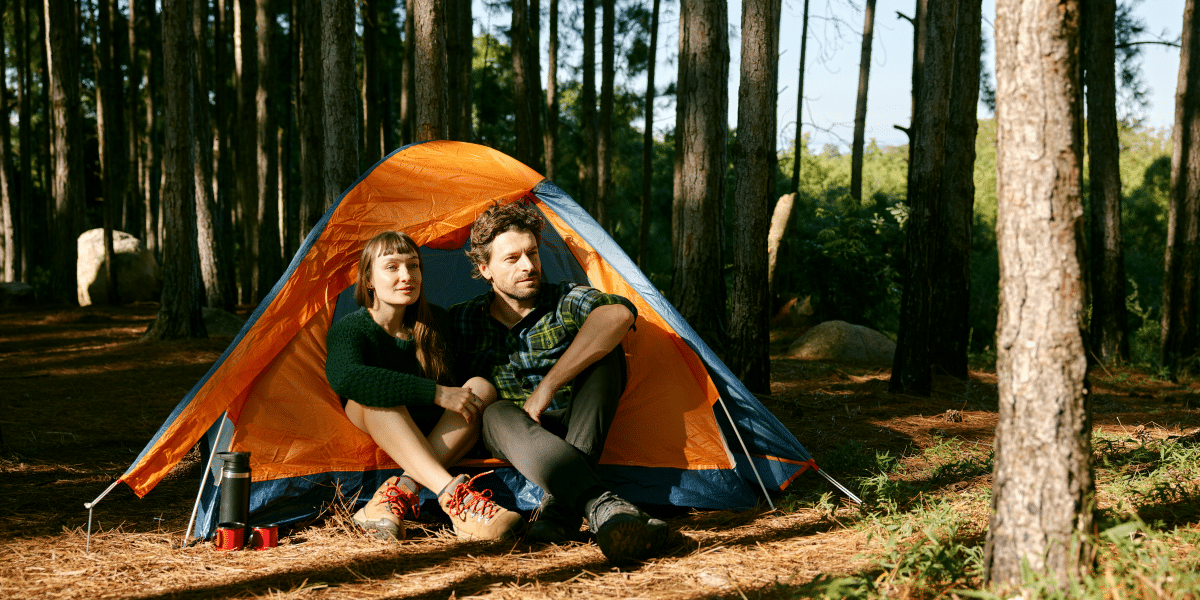Camping provides a beautiful escape into nature, where fresh air, scenic landscapes, and relaxation await. Whether you’re a seasoned camper or planning your first outdoor stay, preparing well and knowing what to expect can make all the difference in your experience.
Choosing Your Perfect Campground
Selecting the right campground is vital to a successful camping trip. Campgrounds vary widely, from national parks and state forests to private sites, each offering unique amenities. Public lands are an excellent choice for a more rustic experience. Private campgrounds, on the other hand, often offer family-friendly facilities and organized activities.
Consider Your Camping Style
Before booking, determine whether you prefer a remote experience with conveniences like showers and bathrooms. Some sites may also allow RVs and have electrical hookups, while others cater only to tent camping.
Check Availability and Regulations
During peak seasons, popular campgrounds fill up quickly. Booking in advance and researching any campground rules ensures your spot is secured and helps you stay prepared.
Best Times of Year to Camp
Camping can be enjoyable in all seasons, but understanding weather patterns can help you make the most of your trip.
Spring and Fall
Spring and fall are ideal for mild temperatures and vibrant scenery, with blooming wildflowers in the spring and colorful foliage in the fall. These seasons are also perfect for hiking, as trails are less crowded and temperatures are comfortable.
Summer
Summer camping is excellent for those who enjoy water activities like swimming, kayaking, or fishing. However, it can be hot and humid, especially in certain regions, so staying hydrated and bringing insect repellent is essential.
Winter
Camping in winter offers a quiet, peaceful experience but requires additional gear to stay warm. If camping in colder weather, ensure you’re equipped with insulated sleeping bags and clothing layers to withstand low temperatures.
Essential Camping Gear and Supplies
Proper gear is fundamental to a comfortable camping experience. Here’s a basic checklist to help you get started:
Shelter: A durable tent with weather resistance, especially if rain or wind is expected.
Sleeping Essentials: Sleeping bags rated for the season, sleeping pads, or air mattresses.
Cooking Supplies: A portable stove, fuel, cooking utensils, and a cooler for perishables.
Safety Kit: A first aid kit, flashlight with extra batteries, and a multi-tool.
Clothing: Layered clothing to adapt to temperature changes, waterproof jackets, and sturdy hiking boots.
Camping gear varies depending on the destination and climate, so it’s always wise to check your list and consider local conditions before setting out.
Staying Safe and Following Regulations
Camping safety is essential for a worry-free experience. Familiarizing yourself with local wildlife, weather conditions, and safety protocols helps keep everyone safe.
Campfire Safety
Campfires are often restricted in dry conditions due to wildfire risks. If fires are permitted, use designated fire rings, keep fires small, and extinguish them completely before leaving or sleeping. Always check the fire regulations and follow any advisories for your camping area.
Weather Preparedness
Weather can change quickly, especially in mountainous areas, so check local forecasts and be prepared for sudden shifts. Waterproof gear and a reliable shelter can make all the difference if rain or storms arise.
Activities to Enjoy While Camping
Camping offers a unique opportunity to explore and engage in activities that connect you with nature.
Hiking and Exploring Trails
Most campgrounds are near scenic trails, offering routes for both beginners and experienced hikers. Exploring trails is an excellent way to take in the beauty of the surroundings, observe wildlife, and find hidden vistas.
Water Sports and Fishing
Camping near lakes, rivers, or coastlines opens up opportunities for water-based activities. Kayaking, canoeing, and fishing are great ways to enjoy the area’s natural resources.
Stargazing
Camping offers a rare chance to escape city lights and see the stars. Bring a telescope if you’re interested in astronomy, or lie back and enjoy the view on a clear night.
Practicing Good Camping Etiquette
Respecting both nature and fellow campers ensures a pleasant experience for everyone. Practicing good camping etiquette involves small but impactful actions:
Leave No Trace
To preserve natural beauty, follow Leave No Trace principles by packing out all trash, avoiding plant damage, and keeping campsites clean. By doing so, campers contribute to maintaining the environment for future visitors.
Respecting Quiet Hours
Many campgrounds enforce quiet hours in the evening, allowing everyone a peaceful experience. Minimizing noise levels respects your fellow campers and keeps the natural ambiance intact.
Respecting Wildlife and Natural Spaces
Avoid feeding or approaching wild animals. Respecting wildlife’s natural habitats ensures that animals stay safe and that campers have a serene experience without unnecessary risks.
Embrace the Camping Adventure
Camping is a refreshing way to connect with nature, unwind, and experience the beauty of the outdoors. With the proper planning, gear, and etiquette, campers can enjoy a memorable and relaxing trip. Embrace the adventure, stay safe, and make the most of your camping journey into nature’s vast, inviting landscapes.
Published by: Nelly Chavez








